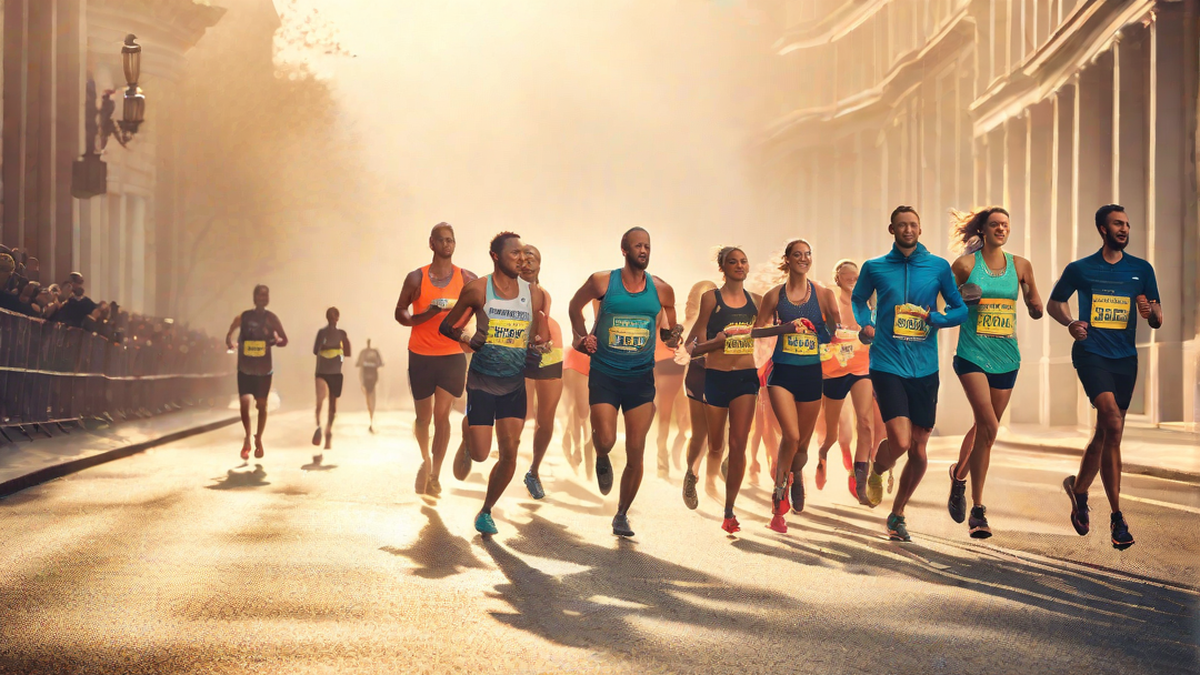Marathon running has always fascinated me. The physical and mental endurance required to complete a 26.2-mile race is truly remarkable. As a runner myself, I have always wondered just how fast marathon runners can actually run, and what it takes to achieve such incredible speeds.
In order to understand the speed at which marathon runners can run, it’s important to look at the current world record holders. The men’s world record for the marathon is held by Eliud Kipchoge of Kenya, who completed the race in a mind-boggling time of 2 hours, 1 minute, and 39 seconds. This means that Kipchoge was able to maintain an average pace of around 4 minutes and 38 seconds per mile throughout the entire race. It’s hard to even fathom running at such a blistering speed for such a long distance.
On the women’s side, the current world record is held by Brigid Kosgei, also from Kenya, who finished the marathon in 2 hours, 14 minutes, and 4 seconds. This means that Kosgei was able to maintain an average pace of around 5 minutes and 7 seconds per mile. Just like Kipchoge, she demonstrated incredible strength and determination to achieve such a feat.
These world record times are undoubtedly impressive, but it’s important to note that they represent the elite level of marathon running. The average marathon runner typically takes around 4 to 5 hours to complete a race. This means that the pace for the average runner is significantly slower, at around 9 to 12 minutes per mile.
So, what sets these world record holders apart from the rest of us? It’s a combination of factors. Genetics certainly play a role, as some individuals are naturally more predisposed to excel in long-distance running. Training is also key, with top marathoners logging countless miles each week and following strict training regimens.
In addition to genetics and training, nutrition and hydration are crucial for marathon runners. Fueling your body properly before, during, and after a race can make a significant difference in performance. Proper hydration is also essential to prevent dehydration and maintain optimal performance.
Lastly, mental strength and strategy play a vital role in marathon running. Endurance races like marathons require not only physical stamina but also mental fortitude. The ability to push through pain, overcome fatigue, and stay focused on the goal is what separates champions from the crowd.
In conclusion, marathon runners can run incredibly fast, with the current world record holders achieving mind-boggling speeds. However, it’s important to remember that these exceptional performances are the result of years of dedication, training, and a combination of genetic factors. While most of us will never reach these elite levels, we can still push ourselves to improve and set our own personal records. Whether you’re aiming for a sub-3-hour marathon or simply trying to finish your first race, the journey and the personal growth that come with it are what truly matter in the world of marathon running.

